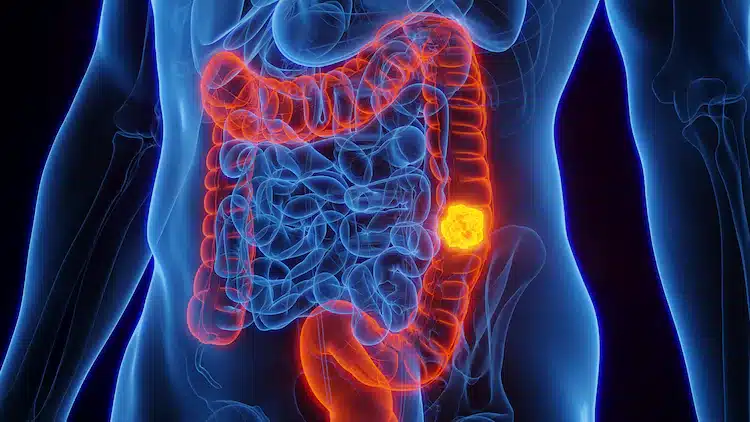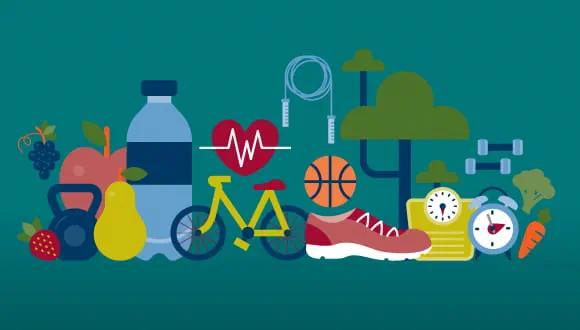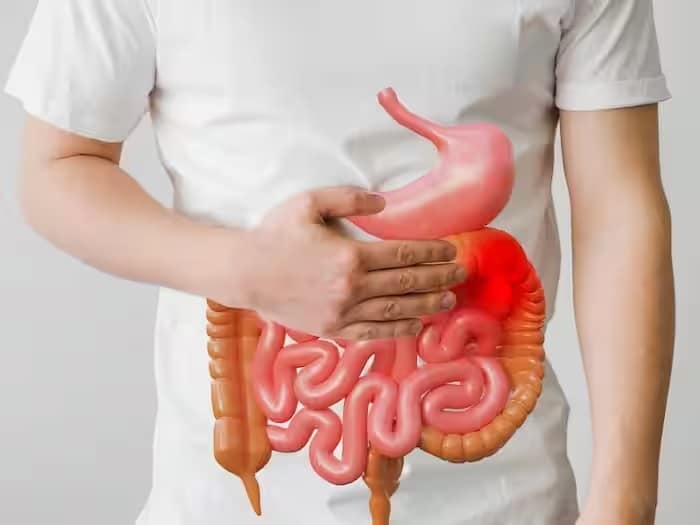According to a study published by the American Cancer Society in March, it was projected that 153,000 individuals in the United States would receive a colorectal cancer diagnosis in 2023. Surprisingly, about 13 percent of these cases would occur in individuals under 50, marking a 9 percent increase in this age group since 2020. Additionally, a separate study published in August revealed a substantial rise in cancer incidence among individuals under 50, particularly gastrointestinal cancers like colon cancer, which showed the fastest growth among all early-onset cancers.
Despite a decline in new colorectal cancer diagnoses among those over 50 since their peak in 1985, Dr. Steven Itzkowitz, a professor at the Icahn School of Medicine at Mount Sinai in New York City, expressed concern that trends among younger demographics are heading in the wrong direction. Moreover, researchers noted that cancers diagnosed in individuals under 50 are becoming increasingly aggressive.
What is colorectal cancer and who is most at risk?

Colorectal cancer ranks as the third most prevalent cancer in the United States. Originating as a polyp, an abnormal growth within the large intestine, it can progress over time, potentially spreading to other body parts. Both men and women face similar risks of developing the condition, with susceptibility rising with age.
For instance, while only five in 100,000 individuals between ages 30 and 34 are diagnosed with colon cancer, the incidence increases to 61 in 100,000 for those aged 50 to 54, and further to 136 in 100,000 for individuals aged 70 to 74. Certain factors elevate the risk, including obesity, consumption of alcohol, red or processed meats, and leading a sedentary lifestyle. Moreover, individuals of Black or American Indian/Alaskan Native descent are at a higher risk, often attributed to social disparities and barriers to healthcare access.
Why are cases rising among younger people?
According to Dr. Itzkowitz, researchers are grappling with this question, and although definitive answers remain elusive, certain shifts in risk factors have provided some insights. Notably, escalating rates of obesity among both children and adults could be a contributing factor.
Dr. Itzkowitz referenced a significant study published in 2022, which found that obesity during early adulthood, specifically at ages 20 or 30, could more than double the risk of early-onset colorectal cancer.
Binge drinking, often defined as consuming five or more drinks for men and four or more for women within a two-hour period, has emerged as a potential contributing factor to the rise in colorectal cancer cases. This behavior has shown a steady increase among adults aged 30 and under over the past few decades.

Researchers are still exploring how childhood factors, such as birth via cesarean section, antibiotic use, or environmental exposures, may impact the risk of early-onset colorectal cancer, along with the potential role of the microbiome. Additionally, the consumption of sugary beverages, which surged among teenagers in the 1980s and 1990s, has been associated with a higher incidence of early-onset colorectal cancer. Yet, it remains unclear whether this association is directly linked to sugary beverages themselves or related factors such as diabetes or alterations in gut bacteria.
Why do colorectal cancers in young people tend to be more aggressive?
One prevailing theory posits that younger individuals may be less susceptible to colorectal cancer compared to older individuals, potentially leading to overlooked early symptoms and delayed diagnoses. A study published in 2017 in the journal Clinical Gastroenterology and Hepatology supported this notion, revealing that individuals under 50 typically waited approximately two months longer than those over 50 to seek medical attention after noticing symptoms. This delay may provide an opportunity for the cancer to advance, although once younger individuals seek medical care, the time to treatment is comparable to that of older adults.
Furthermore, the aggressive nature of colorectal cancers affecting younger individuals may stem from inherent biological differences, as suggested by studies highlighting distinct molecular, epigenetic, and genetic characteristics compared to those diagnosed later in life.
What can I do to lower my risk of colorectal cancer?
If you have a first-degree relative (like a parent or a sibling) who had colorectal cancer diagnosed before age 60, or if you have two first-degree relatives diagnosed at any age, then you are at higher risk.
While you can’t change your family history, there are lifestyle adjustments you can make to reduce your risk, including:

Following a healthy diet: Diets high in processed meats (like hot dogs, bacon, and some lunch meats) or red meats (like beef, pork, and lamb) have been shown to increase the risk of colorectal cancer; those rich in fruits, vegetables, and whole grains have been shown to be protective. Even small changes, like choosing fiber-rich fruits and vegetables as snacks over chips, or incorporating “meatless Mondays” into your weekly meal plan, can make a difference.
Quitting smoking: More than 70 chemicals in cigarettes are known to increase the risk of cancer by damaging the DNA inside our cells. Nicotine patches, gums, and lozenges can help curb cravings, according to the Centers for Disease Control and Prevention. And many free smartphone apps, like the quitSTART app, can offer tips, motivation, and challenges to help you quit smoking.
Staying active: In one study of nearly 90,000 female nurses published in 2018, researchers found that those who were sedentary and watched TV more than 14 hours per week were significantly more likely to develop early-onset colorectal cancer than those who watched TV for less than seven hours per week. Federal guidelines recommend that every week, most adults get at least 150 minutes of moderate-intensity activity (such as cycling, swimming, or gardening) and two days of muscle-strengthening activities (such as lifting weights or push-ups).
Cutting back on alcohol: Excessive alcohol drinking (such as 14 or more drinks per week, according to one study published in 2012) can increase the risk of developing early-onset colorectal cancer. Federal guidelines recommend limiting your intake to no more than one drink per day for women and no more than two drinks per day for men.


